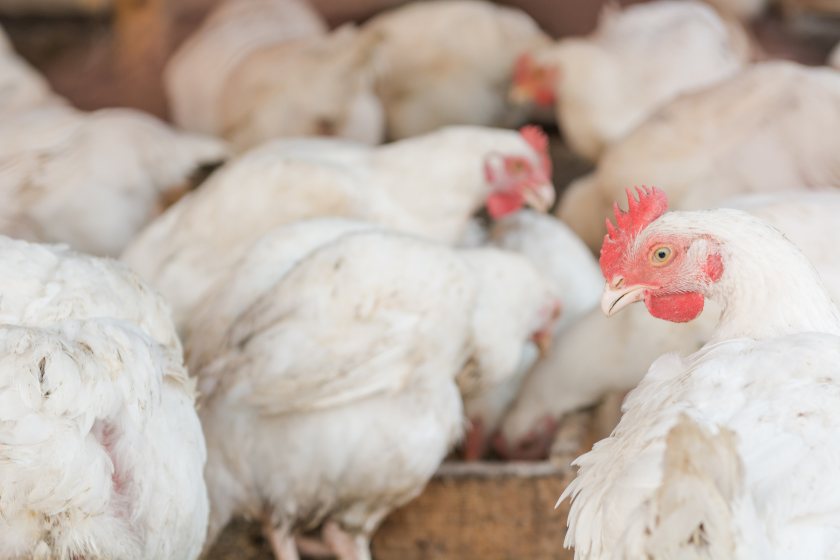Avian flu impacts 150,000 birds following four new outbreaks

Four new cases of highly pathogenic avian influenza have been confirmed in commercial poultry units across England and Wales — just days after Defra announced a new housing order to curb the spread of the virus.
The latest outbreaks, detected in Norfolk, East Sussex, Lincolnshire and Pembrokeshire, involve more than 150,000 birds in total, including broiler breeders and rearing turkeys.
Government officials have declared 3km protection zones and 10km surveillance zones around each affected site, with all birds to be humanely culled.
The cases underscore the heightened seasonal threat posed by avian flu, coming as wild migratory birds return to northern Europe and the UK for winter — a period when infection pressure traditionally peaks.
In England, highly pathogenic avian influenza was confirmed at large poultry sites near Ormesby St Margaret (Norfolk), Uckfield (East Sussex) and Swineshead (Lincolnshire). In Wales, the Chief Veterinary Officer confirmed a separate outbreak near Milford Haven (Pembrokeshire).
The affected premises include around 31,000 broiler breeders in Norfolk, 70,000 in East Sussex, 42,000 rearing turkeys in Lincolnshire, and 8,500 organic turkeys in Pembrokeshire.
Defra’s mandatory housing order — which took effect from Thursday 30 October — requires all poultry and captive birds in high-risk areas of northern and eastern England to be kept indoors.
The measure, announced earlier in the week, was introduced to protect flocks following an increasing number of detections in both commercial and backyard holdings.
The new cases, confirmed on Friday evening (31 October), follow the housing order's introduction, highlighting how quickly the disease continues to spread despite containment efforts.
The housing order covers counties from Cumbria and Cheshire to Lincolnshire, Norfolk and Suffolk, where the infection risk is highest.
No equivalent restrictions currently apply in southern England, Wales, Scotland or Northern Ireland, prompting calls from some producers for a more uniform approach across the UK.
UK Chief Veterinary Officer Christine Middlemiss said the measures were essential to protect livelihoods and animal welfare.
“The risk of avian flu is seasonally very high which is why we are introducing these measures to help protect livelihoods and animal welfare,” she said.
“There is an increasing number of avian influenza cases on commercial farms and in backyard flocks across various counties in England. Prompt action to try and prevent the further spread of disease is now necessary and I would urge bird keepers to comply with the new housing measures.”
Experts have warned for weeks that the autumn migratory season would bring renewed infection pressure, with wild birds likely to introduce fresh strains into domestic flocks.
The previous regional housing order in England was introduced in December 2024 and lifted gradually from May 2025 following widespread outbreaks.
Government officials said surveillance and testing will continue in affected regions, with biosecurity enforcement stepped up.
Birdkeepers are urged to maintain strict hygiene standards, follow housing guidance, and report any signs of disease immediately to help prevent further spread.








